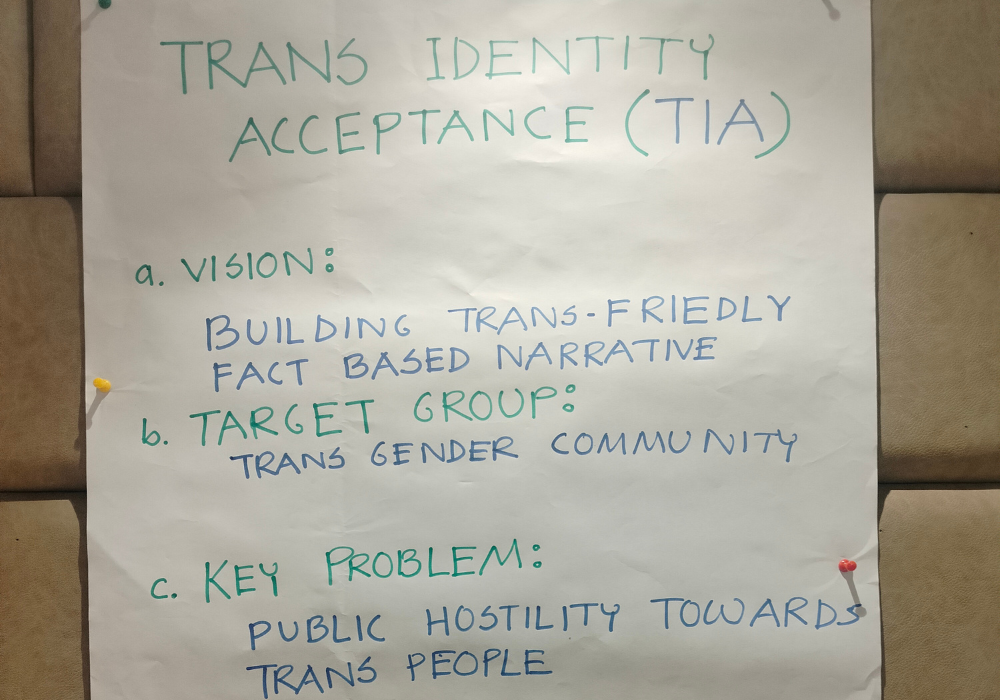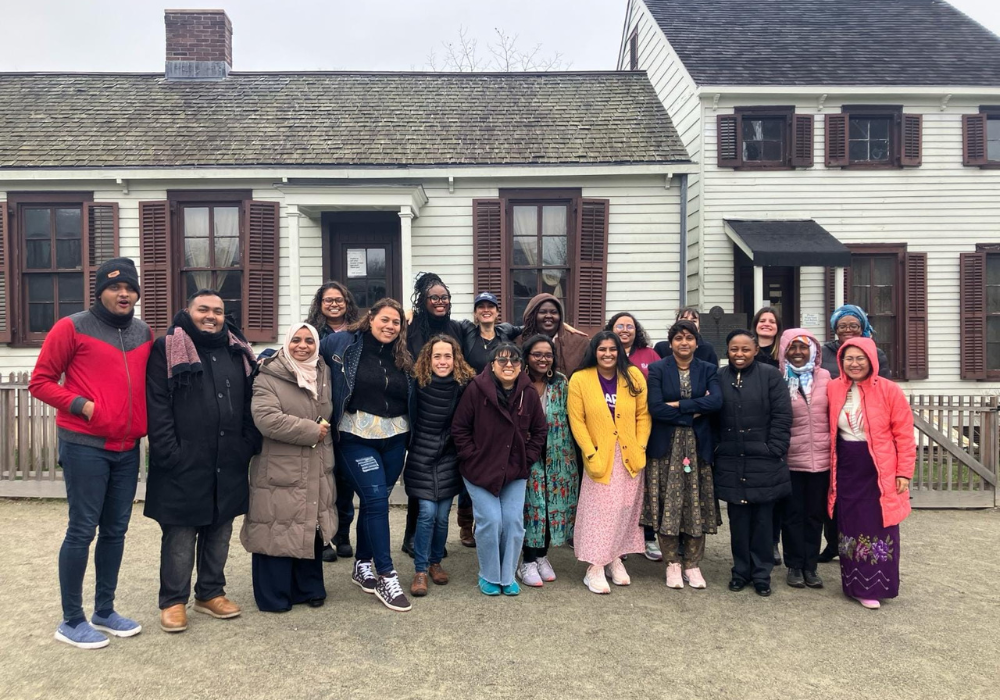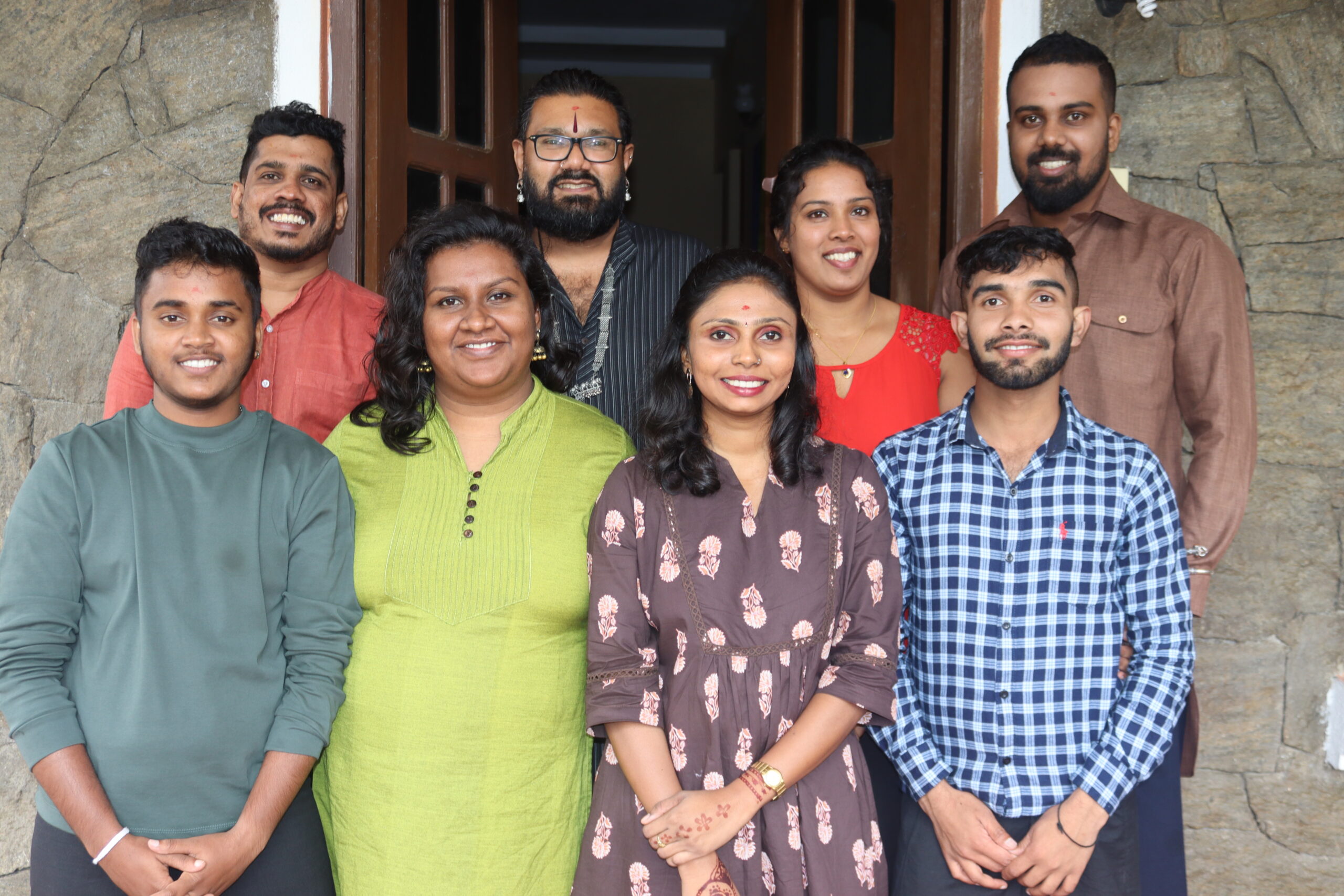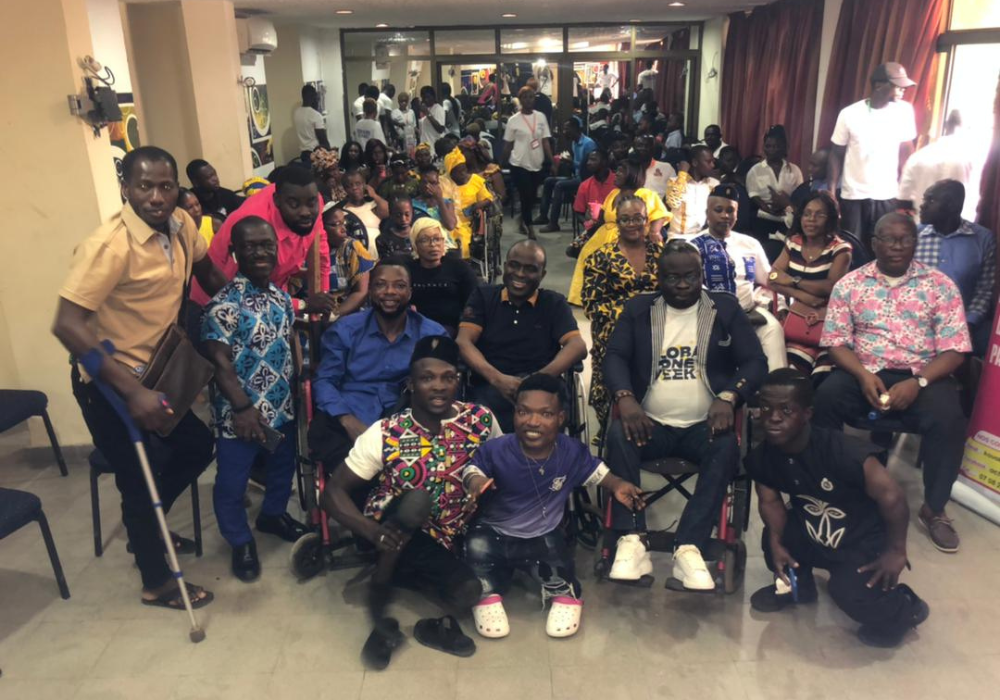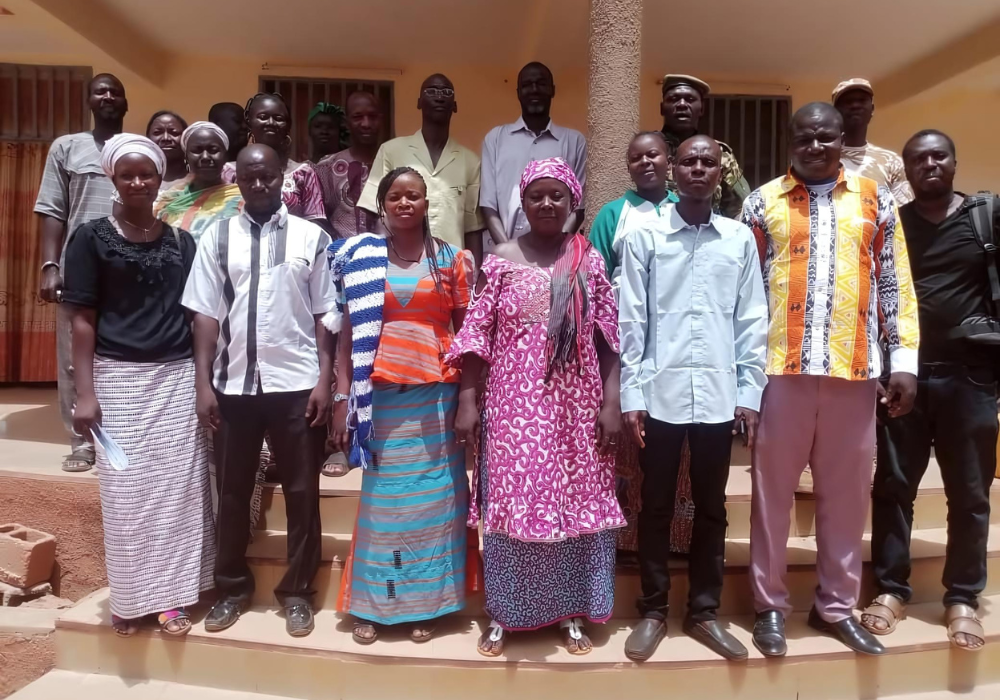Stories

May 16, 2024
Bangladesh: Harnessing Feminist Approaches in Project Design for Gender Equality
By: Jahir Rayhan, Head of Youth Engagement, Youth For Change, Bangladesh
Jahir Rayhan, the Head of Youth Engagement at Youth For Change in Bangladesh, participated in a training program called 'Feminist Approaches to Project Design'. The training was held both online and in-person under the FON capacity-sharing initiative, with the aim of collectively exploring feminist approaches that can be applied in project design. Jahir found the training to be highly valuable, as it gave him insights into designing effective projects against gender-based violence (GBV) and refining his approach to organizing and collaborating with stakeholders to further the feminist agenda.
The training on “Feminist Approaches to Project Design” has been instrumental in refining my approach to organizing and collaborating with stakeholders in furthering the feminist agenda. It provided me with a structured framework; the DARCI Accountability Grid, to clarify roles and responsibilities within project teams, enhancing efficiency and effectiveness in our feminist projects. Additionally, the focus on the Gender Transformative Approach and integrating feminist principles throughout the project cycle has empowered me to advocate for gender equality more compellingly. These tools and insights have facilitated deeper engagement with stakeholders, fostering a collaborative environment where feminist goals are understood and embraced. The training has not only improved my project design skills but also significantly boosted my confidence in mobilizing resources and stakeholders towards achieving gender equality.
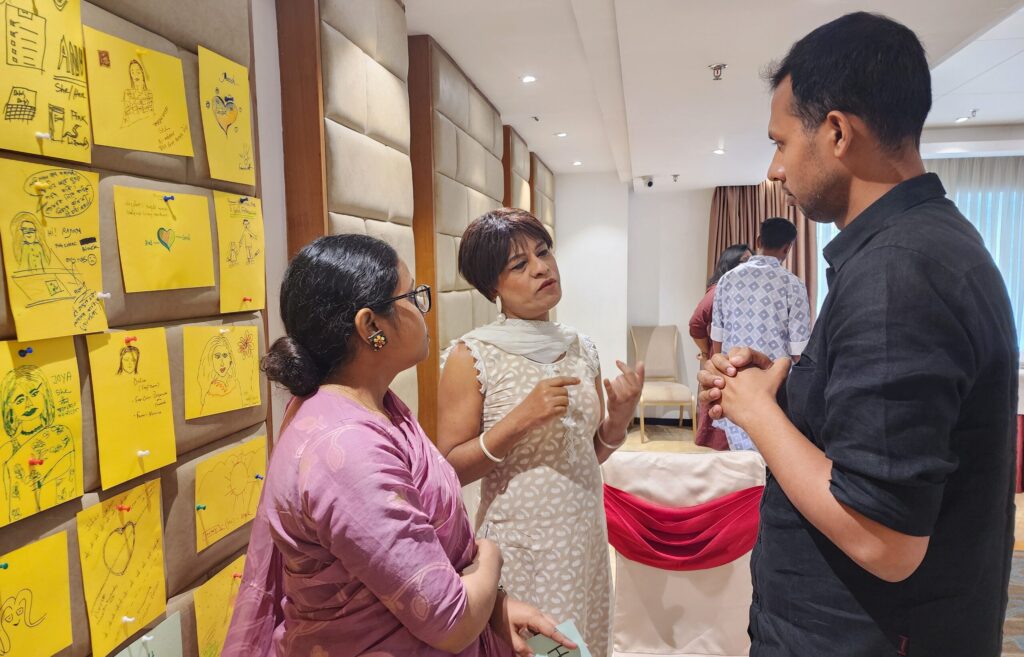
Reflecting on the theme & quote of Invest in women: Accelerate progress: Celebrating International Women’s Day 2024 at this year’s Y-STAGE, the urgency for gender equality amidst global crises and the significant financing gap for gender initiatives were strikingly highlighted. Participating in the Feminist Approaches to Project Design training just before Y-STAGE equipped me with valuable insights into designing impactful projects against Gender-Based Violence (GBV). Y-STAGE’s focus on mobilizing youth for collective action against GBV and its aim to influence policy through youth feedback resonated deeply with me. This experience has sharpened my focus on incorporating feminist principles into project designs and underscored the critical role of youth in advancing gender equality.
Inspired by the summit, I am more committed to engaging young people in my projects, aiming to contribute to closing the gender equality financing gap and fostering societal change.

English

English

Spanish

